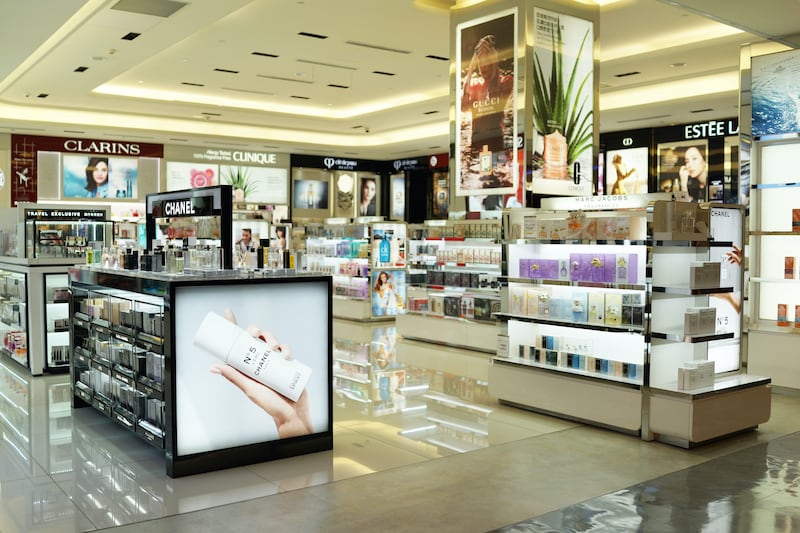
The Business of Fashion
Agenda-setting intelligence, analysis and advice for the global fashion community.

Agenda-setting intelligence, analysis and advice for the global fashion community.

The author has shared a YouTube video.
You will need to accept and consent to the use of cookies and similar technologies by our third-party partners (including: YouTube, Instagram or Twitter), in order to view embedded content in this article and others you may visit in future.
NEW YORK, United States —Following the coronavirus outbreak and subsequent lockdowns, the wellness and beauty industries benefited from homebound consumers seeking to upgrade their at-home lives. But it hasn’t all been easy. At the same time, many cash-strapped independent beauty brands started to face challenges as they attempted to navigate changing consumer habits and the closure of key distributors.
For the latest in our series of #BoFLIVE events, Executive Editor Lauren Sherman was joined by Cosmopolitan Beauty Director Julee Wilson, Brown Beauty Co-Op Founder Kimberly Smith and Credo Beauty Chief Executive Dawn Dobras to discuss where the beauty industry goes from here.
Prior to global lockdowns, the allure of shopping for beauty products in store was the experience. However, without Covid-19 vaccine, testers feel obsolete and consumer footfall at shops remains low, despite many stores opening their doors once again. From livestreaming to customer-enabled chats with aestheticians, businesses have been forced to pivot online in an attempt to recreate that experience virtually.
“The spirit of beauty retailing is the same. Nowm is that engagement going to feel a little different? Yes,” Dobras said. “But we’re here to have a one-on-one experience with them... so we have to figure out new tactics… The industry… is still there, people still want their beauty products.”
ADVERTISEMENT
There are other changes afoot. The beauty industry is being called upon to dismantle racism on all fronts, from products and marketing to corporate structure. For example, beauty giants have come under fire for posting their support for the racial justice movements on social media while also selling skin-whitening lotions. Meanwhile, other retailers have made a 15 percent pledge (in accordance to the initiative spearheaded by designer Aurora James) to carry more Black-owned brands. Smith underscored that brands must continue this momentum beyond the current moment in order to build a representative industry.
“I think the 15 percent pledge should not just be something that companies rest on… I think for larger companies... you should be more bold and come out with a programme of your own,” she said. “I love the pledge, but… this is an opportunity for companies to say… ‘We have the means to do more’... If you don’t have anything to say right now, wait and then come up with a comprehensive plan rather than jumping on the instagram bandwagon.”
To participate in #BoFLive, BoF’s digital events series offering insight, advice and inspiration, visit our calendar where you can find details of upcoming digital events.
This month, BoF Careers provides essential sector insights to help beauty professionals decode the industry’s creative landscape.
The skincare-to-smoothie pipeline arrives.
Puig and Space NK are cashing in on their ability to tap the growth of hot new products, while L’Occitane, Olaplex and The Estée Lauder Companies are discovering how quickly the shine can come off even the biggest brands.
Demand for the drugs has proven insatiable. Shortages have left patients already on the medications searching for their next dose and stymied new starters.